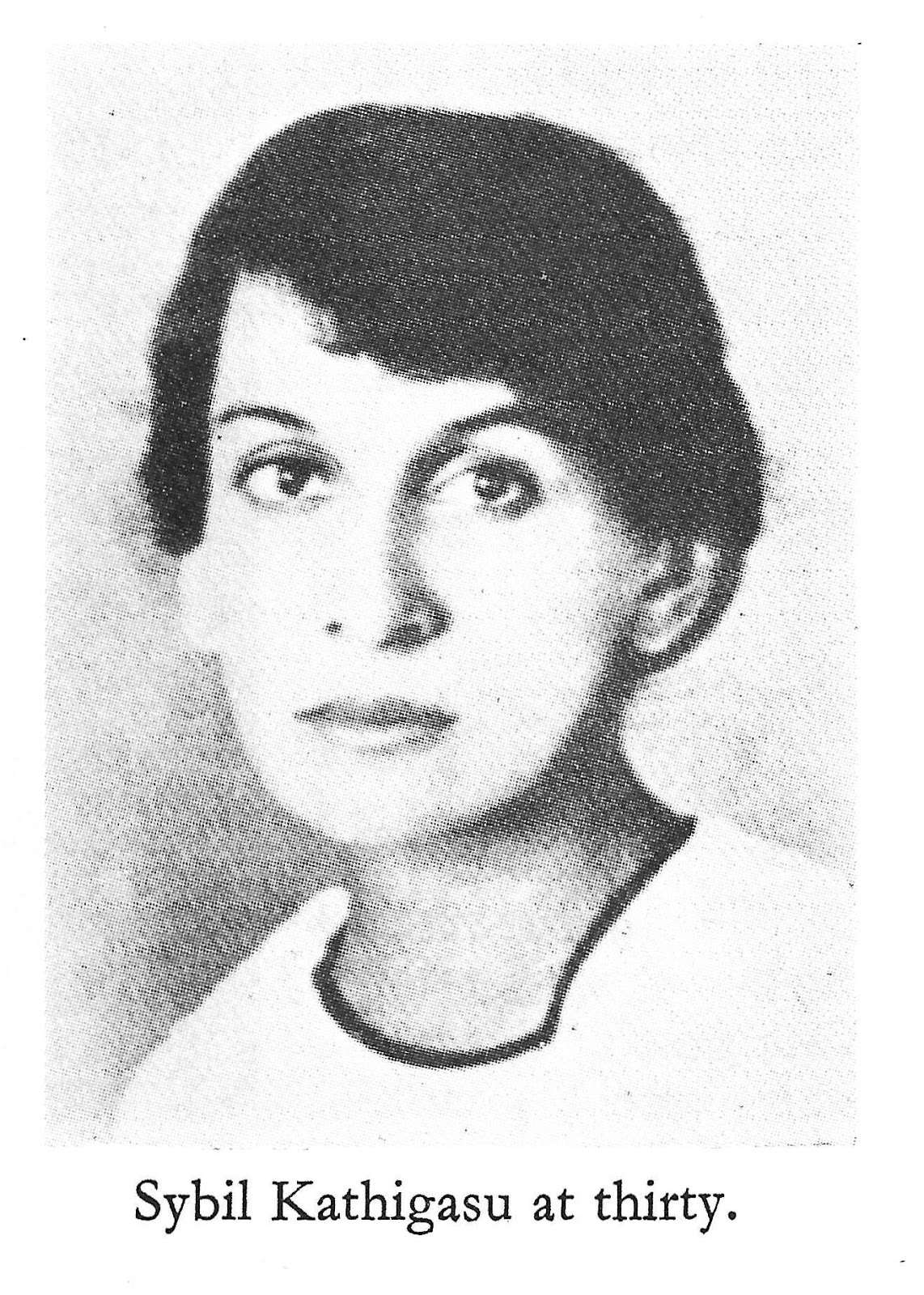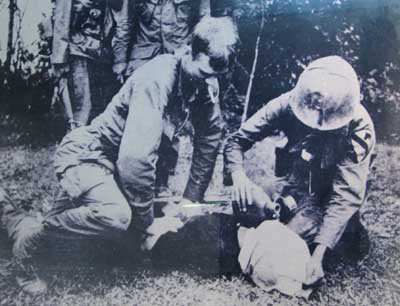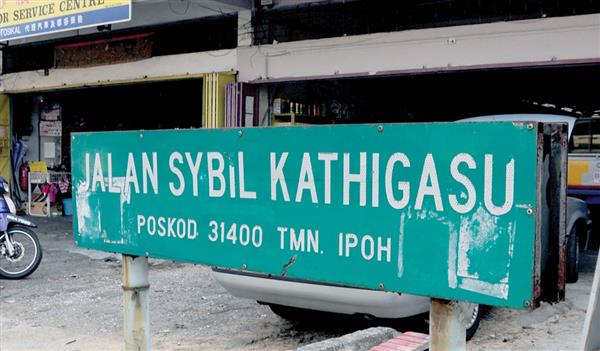Here's Why You Should Care About Sybil Kathigasu, Malaysia's Forgotten World War II Hero
She deserves a spot in our textbooks for sure.
A petition campaigning for the recognition of war hero, Sybil Kathigasu, in our history syllabus has now garnered over 2,000 signatures
The petition will be delivered to Education Minister, YB Dato’ Seri Mahdzir Bin Khalid
Launched on the petition site, Change.org, the petition was started by an administrator using Sybil's name.
In a Facebook post, the administrator wrote, "Malaysians, do share and sign this. Taking up Professor Datuk Dr Teo Kok Seong's call for a petition to recognize the contributions of Sybil Kathigasu in Malaysian History Syllabus."
Professor Teo, head of the history, heritage and socio-culture cluster of the National Professors Council, had said it was high time our history textbooks were reviewed to include Sybil's work.
"It’s a shame that she is not mentioned in textbooks. Sybil’s contribution is big and the least she deserves is an unvarnished account of her deeds,” he said in a report by The New Straits Times.
Professor Teo is not the first to speak of Sybil's deserving recognition. Many have suggested the move before.
But who is Sybil Kathigasu? And why does she deserve a spot in our textbooks?
Sybil Kathigasu was born on 3 September 1899. She was a trained nurse during the Japanese occupation of Malaya who's skills and determination led her to receiving the title 'Malaysia’s Florence Nightingale'.
She was of French and Penang Eurasian descent and could speak Cantonese fluently.
Along with her husband, Abdon Clement Kathigasu, who was a doctor, she ran a clinic in Ipoh from 1926 to December 1942, when the Japanese troops first arrived in Malaya.
The couple, along with their three kids, then fled to Papan in Perak where they secretly provided the resistance forces with medical treatment and supplies. They also provided the forces with vital information from the BBC, which they listened to on their shortwave radio.
She was soon interrogated by the Japanese and was tortured to reveal crucial information she had
She was subjected to water cure, a degrading and painful method of torture used by the Japanese military police.
Water cure is a torture method where the victim is forced to drink large quantities of water in a very short amount of time, causing them to experience water intoxication which potentially leads to death. Sybil's torturers had even stomped onto her stomach in an effort to force the water out of her.
According to an article by Mariam Mokhtar in 2010, Sybil's five-year-old daughter, Dawn, was even dangled from a tree above burning charcoal by torturers in an attempt to break Sybil's loyalty to the forces. However, not once did she succumb to her torturers.
Though she survived the ordeals, her health had severely deteriorated. She had broken bones everywhere and eventually couldn't walk. She had also lost all her fingernails.
Japanese troops then kept her incarcerated at the Batu Gajah prison, which she spent the rest of the war at.
In 1945, when Malaya had been liberated, she was flown to Britain for medical treatment.
Sybil was awarded the George Medal for Gallantry for her courage and bravery
She remains the first and only local woman to ever receive the medal.
She passed away on 12 June 1948 in Lanark, Scotland, from acute septicaemia, which was brought on by a previous injury she sustained during her torture. Her remains were returned to Ipoh in 1949, where a large crowd paid her tribute.
Her former home in Papan now belongs to a private individual and is open to tourists for viewing.
A road in Fair Park, Ipoh, is named after as well.
In 2016, on her 117th birthday, she was also the subject of a Google doodle
In the doodle, the patterned ribbon of the George Medal she won surrounds a serene picture of her standing at the door of her Papan home.
Sybil has undoubtedly been a hero to many and deserves a spot in our history books
“History is not dead or stagnant. The fact that they can review Science, Technology, Engineering and Mathematics means that they should be doing it for this subject,” Datin Noor Azimah Abdul Rahim, chairman of the Parent Action Group for Education said. "Acknowledging Sybil in the syllabus sends a good message to students that credit will be given where it’s due in Malaysia and that all races helped build the nation.”
She also added that adding Sybil in our books would mark a milestone for women as they were largely sidelined in historical accounts of Malaysia's struggle for independence.
If you support this movement and hope that your kids get to learn of Sybil's efforts in school someday, you can sign the petition here
She's truly a hero the world deserves to know about.




